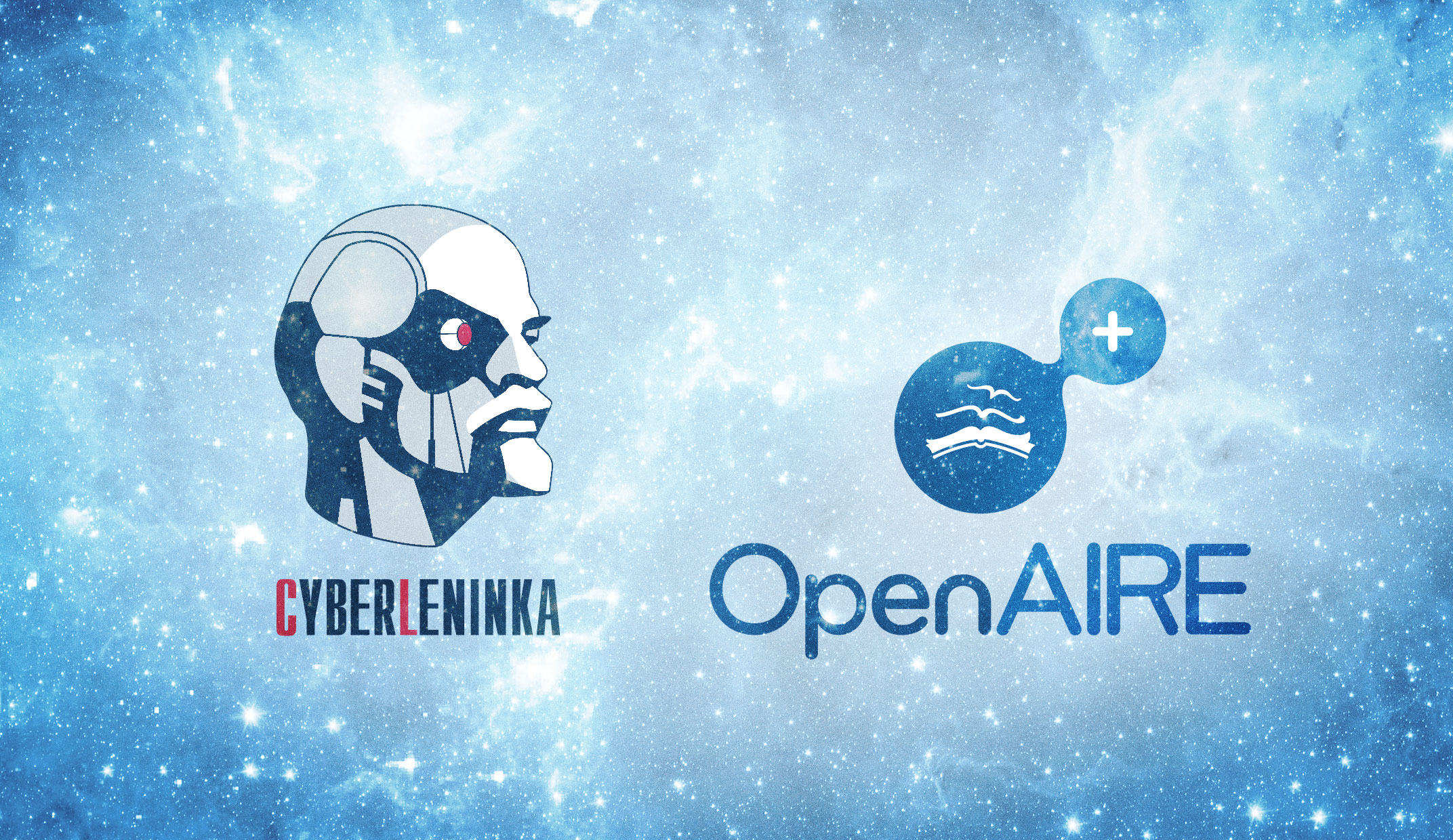RICHARD POYNDER, 17th January 2016

Пока рак на горе не свистнет, мужик не перекрестится
While open access was not conceivable until the emergence of the Internet (and thus could be viewed as just a natural development of the network) the “OA movement” primarily grew out of a conviction that scholarly publishers have been exploiting the research community, not least by constantly increasing journal subscriptions. It was for this reason that the movement was initially driven by librarians.
OA advocates reasoned that while the research community freely contributes the content in scholarly journals, and freely peer reviews that content, publishers then sell it back to research institutions at ever more extortionate prices, at levels in fact that have made it increasingly difficult for research institutions to provide faculty members with access to all the research they need to do their jobs.

